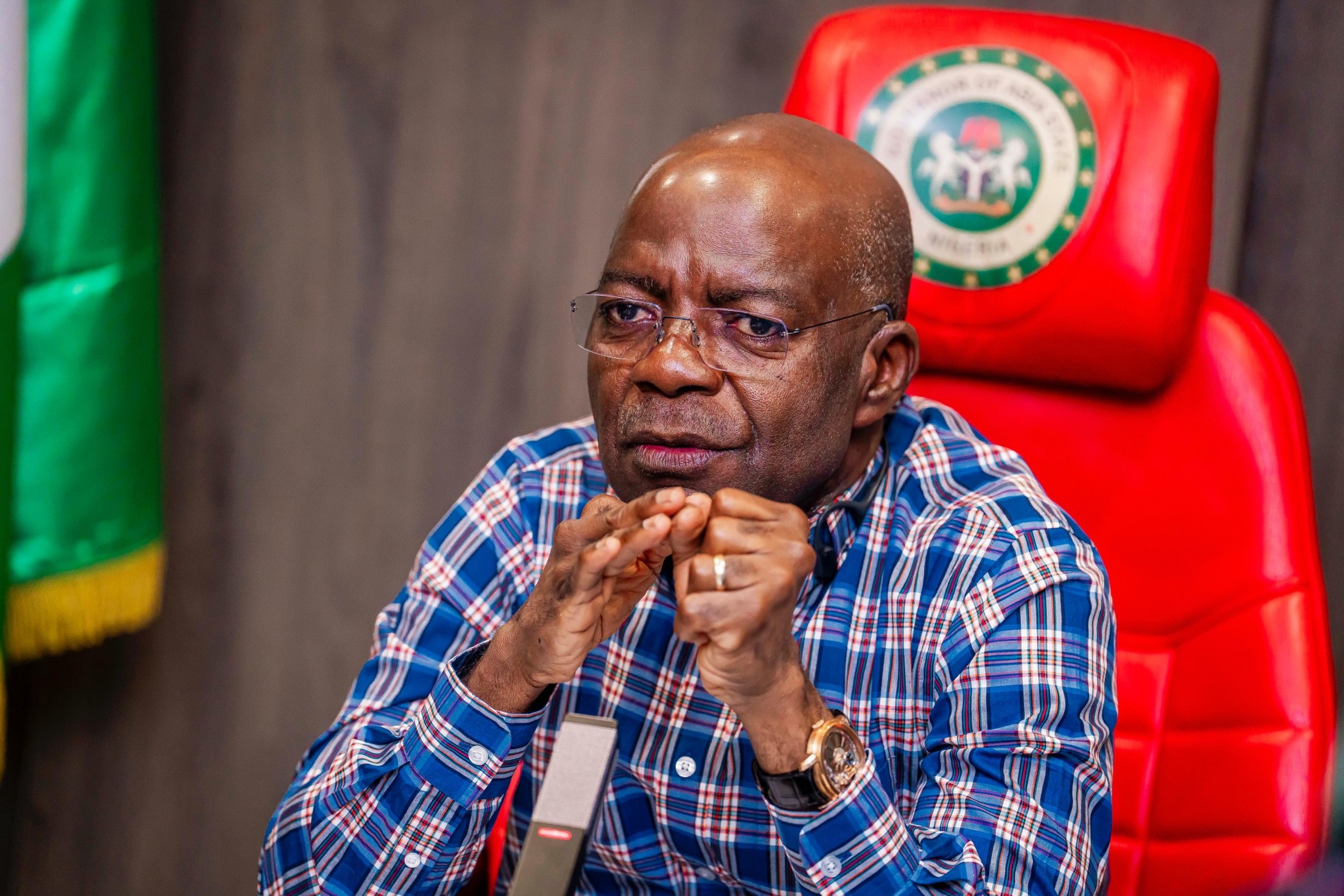By Ahmadu Lagbaja
The recent agitation by some serving officers of the Nigeria Police Force seeking to exit the Contributory Pension Scheme (CPS) and return to the old Defined Benefits Scheme (DBS) has generated significant attention, controversy, and unease in both witin security and policy circles. While the frustrations underlying these calls are understandable, especially in a country where retirees have historically suffered under broken systems, we must interrogate the root causes, reflect on evidence, and choose over regression.
As articulated by the National Association of Retired Police Officers of Nigeria (NARPON) in a recent press conference, the clamour to abandon the CPS in favour of the DBS is not only misplaced but also fraught with long-term risks. Their intervention is timely and authoritative, rooted in experience, and offers a roadmap that deserves serious attention. Many of the complaints about low pension pay-outs are, in reality, reflections of inadequate salaries during service. A foundational truth of pension administration is that your retirement benefit is a function of your salary. Whether under the CPS or the DBS, you cannot expect a large pension from a small salary base. Until this core issue is addressed, until the Nigeria Police Force receives competitive remuneration, the method of pension administration is merely a secondary concern. Hence, rather than fixate on dismantling an entire framework, police officers and their advocates should redirect their energy toward securing salary reviews, enhanced allowances, and better career welfare systems.
Let us not forget why Nigeria moved away from the Defined Benefits Scheme in the first place. The DBS was riddled with corruption, mismanagement, and chronic delays in pension payments. Many retired officers spent years chasing pensions that never came. It was a system that starved those who had served their country. The CPS, introduced through the Pension Reform Act 2014, brought a new order, funded pensions, legal protection, transparency, and, importantly, sustainability. The CPS is not perfect, but it is significantly better than the chaos and despair of the DBS era. Calls for a return to the old system amount to throwing the baby out with the bathwater. On 18 June 2025, the National Pension Commission (PenCom) announced a central upward review of pension payments under the CPS. This development proves that the CPS is flexible, capable of responding to economic realities, and sensitive to the concerns of retirees. In addition, PenCom has recommended a full 100% gratuity payment at the point of retirement for public sector retirees. This is another step that, if implemented, would ease the transition to retirement and relieve immediate financial pressure. These are not features of a rigid or uncaring system; they are the markers of a dynamic, evolving one.
A staggering ₦758 billion in outstanding pension shortfalls for security agencies is currently awaiting approval by the National Assembly. Once disbursed, this will dramatically improve the retirement benefits of many officers, both retired and serving. Instead of clamouring for exit from the CPS, the police hierarchy and relevant stakeholders should intensify lobbying efforts for the immediate release of these funds. This singular action could close most of the gaps that currently exist in the system. It would be a more impactful and practical approach than embarking on a risky overhaul. NARPON’s proposals are pragmatic and solution-driven. Among them is a call to increase the Federal Government’s contribution to the Retirement Savings Account (RSA) of police officers from 10% to 20%. Coupled with the existing 8% contribution from the officers themselves, this would raise the total monthly input to 28%, a substantial step toward ensuring decent retirement benefits.
Also crucial is the suggestion to establish an Additional Pension Benefit Scheme under the provisions of the Nigeria Police Act 2020. Institutions like the CBN, NNPC, and NDIC have successfully implemented such supplementary schemes. The Police Force has its own internally generated revenue streams and should leverage them to provide additional layers of financial security for its officers. NARPON has urged the government to make special budgetary provisions for police pension augmentation. Given the unique hazards and sacrifices of policing, this call is not only fair, it is urgent and necessary. While protests can be a legitimate tool in democratic advocacy, the decision by some officers to threaten a mass protest over this issue is ill-advised and potentially dangerous. The police are not just another workforce, they are custodians of law, order, and national security. A protest over pension administration, especially if it spirals into industrial action or mass discontent, risks eroding public trust and could destabilise national security. Instead, NARPON’s call for calm, constructive dialogue and policy engagement must be heeded. Policymakers, civil society, and the media have a responsibility to amplify this balanced perspective and help frame a reform-oriented approach to police pension issues.
What the police need is not an escape route from the CPS but a restructuring of its implementation to reflect their unique realities. This includes increasing employer contributions, releasing owed entitlements, introducing supplementary pension schemes, and ensuring retirees get full gratuity and dignified post-service care. In times like these, it is easy to give in to frustration. But we must resist the temptation to dismantle what has been painstakingly built. The CPS, despite its flaws, offers a path to pension stability and sustainability.
Abandoning it would be a step backwards, and a costly one. Let us build on what works. Let us fix what does not. But above all, let us not return to a past we know too well, and from which we once desperately sought to escape.
- Ahmadu Lagbaja, PhD is a policy analyst and public affairs commentator. He writes extensively on security sector reform, labour welfare, and public sector accountability.



